

Can you overdose on weed?
Did you know that the use of Marijuana dates back to ancient civilizations like the Chinese, who were sipping on cannabis-infused teas as far back as 2800BC? One heck of a history lesson, right?
Today, drug use has extended to smoking, marijuana edibles, topical applications, and even vaping. According to the World Health Organization (WHO), marijuana is the most widely cultivated, trafficked, and abused illicit substance in the whole wide world. As a matter of fact, it is the most used illegal drug in the world, with over 219 million users worldwide.
But in the middle of chronic marijuana use and advancements, this burning question (pun intended) lingers on: Can you overdose on weed?

The short answer to this question is no; a fatal overdose of smoking marijuana alone is not possible. Or at least, it has not been reported since 2800 BC, you know!
Marijuana Overdose Symptoms and Signs
According to the National Institute on Drug Abuse, there is yet to be a drug overdose death case only because of Marijuana overdose.
Now, we know that Marijuana cannot mainly kill you, but it is important to understand that it can have some harmful effects on your physical and mental health. This is how weed overdose can feel like:
-
paranoia
-
Dry Mouth
-
Anxiety
-
Increased Head-rate/ chest pain
-
Hallucinations
-
Decreased Coordination or Reaction time
-
High- low Blood pressure
-
panic attacks
-
Respiratory depression
These common symptoms are usually temporary and will fade away as the drug wears off. However, if you do experience any of these or other symptoms, it is recommended to find a quiet and safe space to wait out the effects. Drinking water and getting some rest can also help.
When does Marijuana use become a Marijuana Abuse?

Unlike opioid overdose, in which the addictive opioid symptoms are pretty fatal, Marijuana overdose is not that dangerous.
But even though overdosing on marijuana alone is not possible, excessive use of the drug can lead to potential health issues. As already discussed, regular users have reported experiencing withdrawal symptoms like irritability, heart rate, mood swings, insomnia, decreased appetite, and anxiety when trying to quit.
As with any substance, it is essential to use marijuana in moderation and seek help if you are struggling with addiction.
Apart from the physical adverse effects above, constant marijuana use can also cause cognitive impairment, especially in young adults whose brains are still developing. This can lead to memory loss, difficulty with problem-solving and decision-making, and even a decrease in IQ.
Smoking THC vs. Edible THC
When consuming marijuana, the method of ingestion can also affect its potency and potential risks. Smoking THC (the psychoactive compound in marijuana) can have an immediate effect as it goes straight to the bloodstream through the lungs.
Edible THC, on the other hand, takes longer to kick in but can have a more robust and longer-lasting high.
However, edible THC can also be unpredictable and harder to control, as the effects can vary depending on factors such as metabolism and digestive speed. It is important to start with a low dose and wait for at least an hour before consuming more, if desired.
How Long Does it Take for Marijuana to Affect the Body?
The effects of marijuana can vary depending on the individual and the method of ingestion. Smoking or vaporizing THC will typically have an almost immediate effect, with peak levels within 30 minutes to an hour. Edible THC, on the other hand, may take up to two hours to reach its full effect.
However, it is important to note that even after the initial high wears off, THC can stay in the body for hours or even days. This is why it is important to be careful with dosage and not drive or operate heavy machinery while under the influence of marijuana. Remember to always start with a low dose and wait for at least an hour before consuming more, if desired.
How to Handle Overdose on Marijuana

If someone has consumed too much marijuana and is showing severe symptoms, it is important to seek medical help immediately. While there are currently no known reported cases of chronic marijuana or heart disease from cannabis use alone, it can still be dangerous for individuals with pre-existing heart conditions or those who mix it with other drugs.
It is also important to educate oneself about the potential risks and side effects, of marijuana use before consuming it. This includes knowing the legal limits and regulations in one's state or country, as well as being aware of any personal health conditions or medication interactions.
In addition to seeking medical help, some tips for handling a marijuana overdose may include:
Drink Water
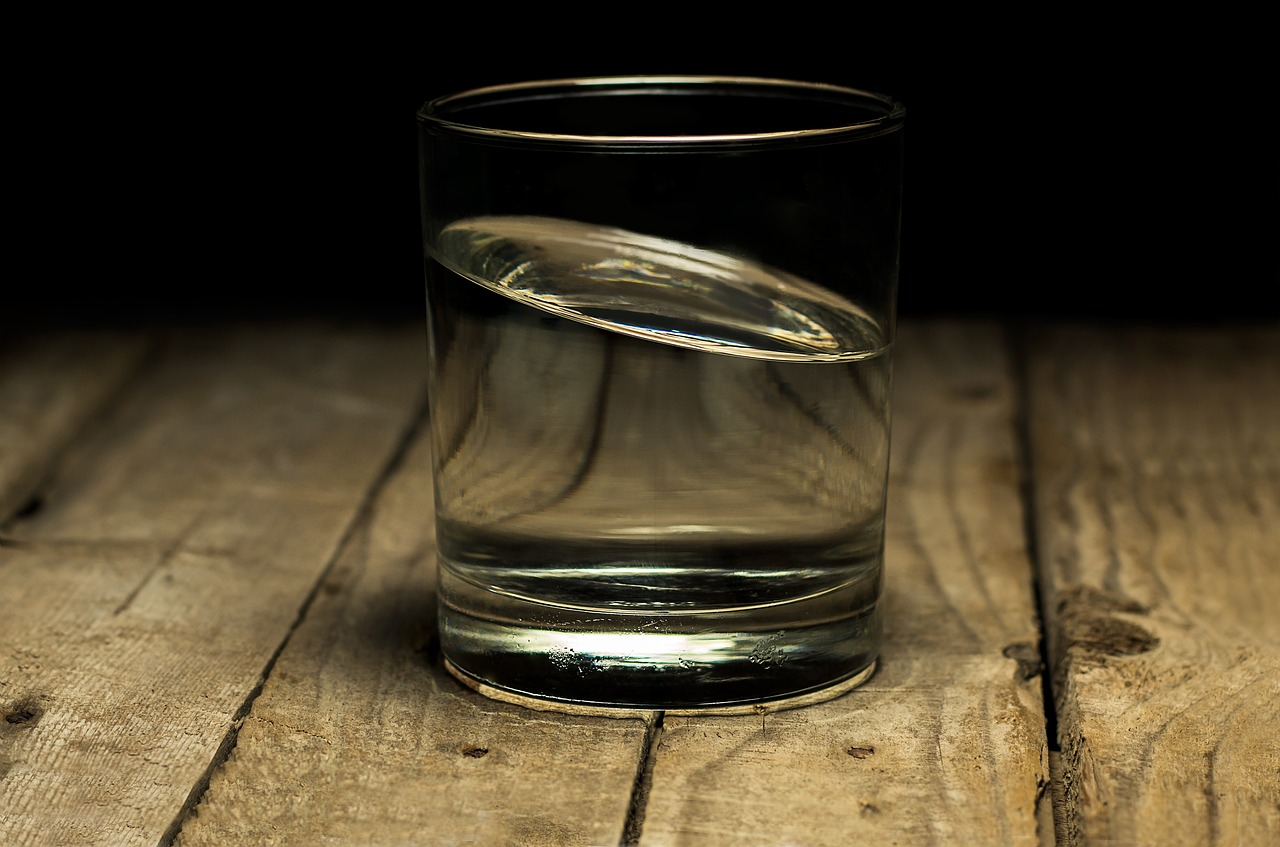
Stick to Water! Drinking plenty of water can help flush out the THC from the body and potentially reduce some symptoms like nausea or dizziness. Too much cannabis use causes dry mouth (xerostomia), and drinking water throughout will help you in that case. Not just that, you need something to distract yourself too, right? So, let water do that.
Eat Something
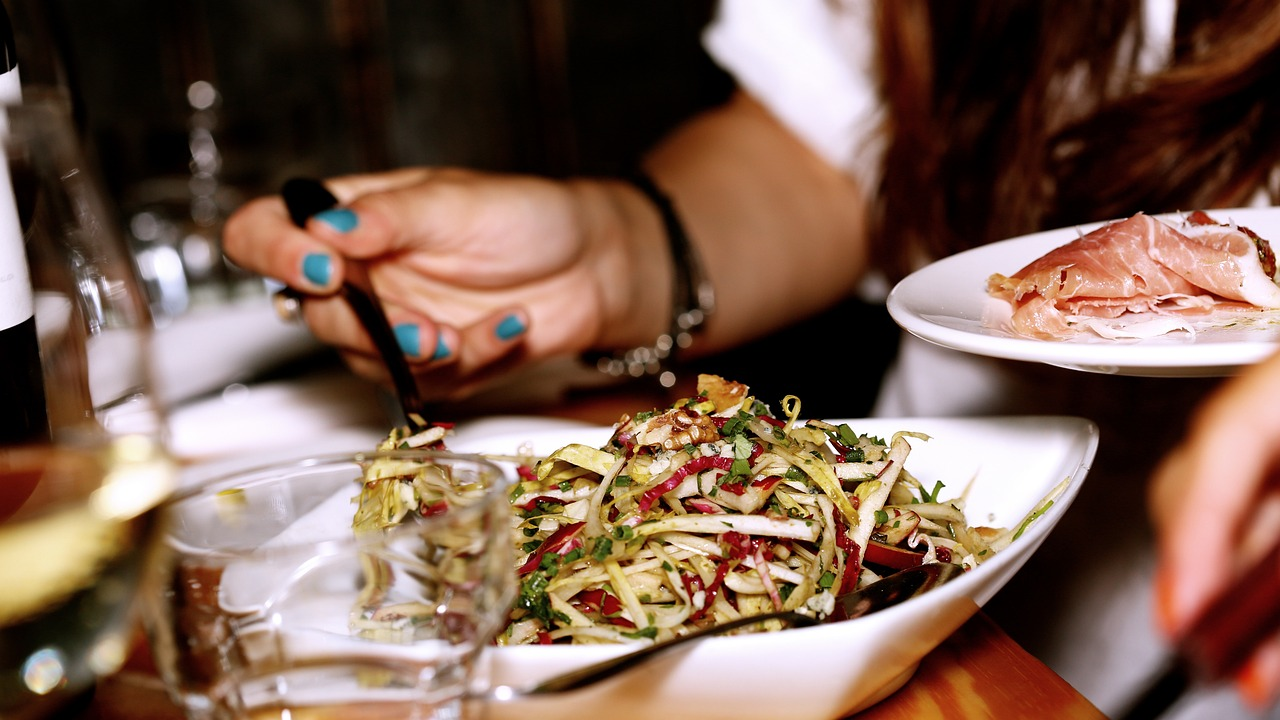
According to a study done back in 2012 on the effects of cannabis use on appetite, it turns out that consuming cannabis can actually make you feel hungrier. But, here's the thing - there's no scientific evidence to back up the idea that eating will lessen the high you get from weed. It's more of an anecdotal claim, you know?
But eating Pine Nuts, Lemon, and peppercorns may help you! Black pepper, in particular, has been known for centuries to be an effective home remedy for reducing the negative effects of both marijuana use and overdose.
It's thought that the terpenes present in black pepper help to break down THC and other similar compounds found in marijuana, potentially reducing some symptoms like nausea or dizziness.
Take a Shower

Taking a hot shower to feel invigorated and refreshed can work wonders. But you know what? A cold shower might just do the trick even better!
Feeling fresh can help you regain control and energize yourself for other activities that will bring the high down. It's definitely worth giving it a shot!
Try Walking
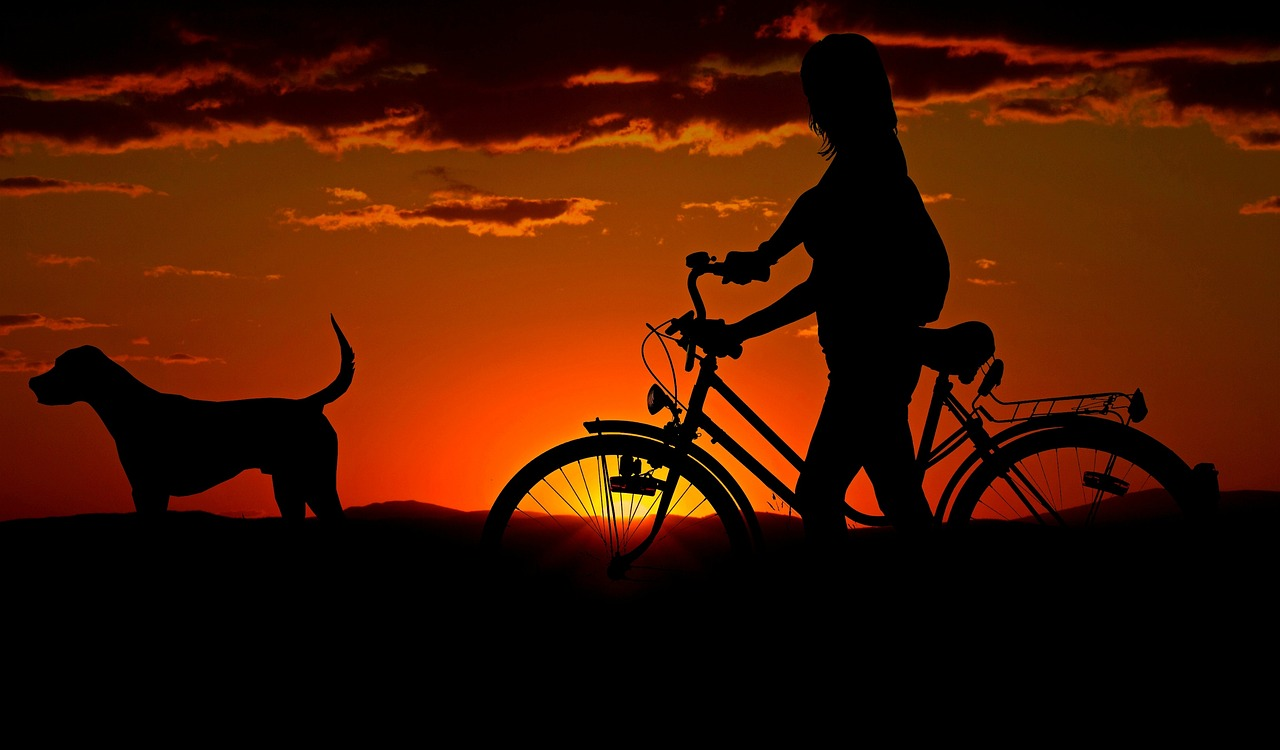
Just a stroll can get your body moving and help regulate your blood pressure. Plus, it takes your mind off your current situation. And don't forget to breathe deeply to replenish the air in your lungs. Sometimes, a change of scenery also does wonders to distract your mind from that 'high' feeling and marijuana's effects.
Call a friend or a family member
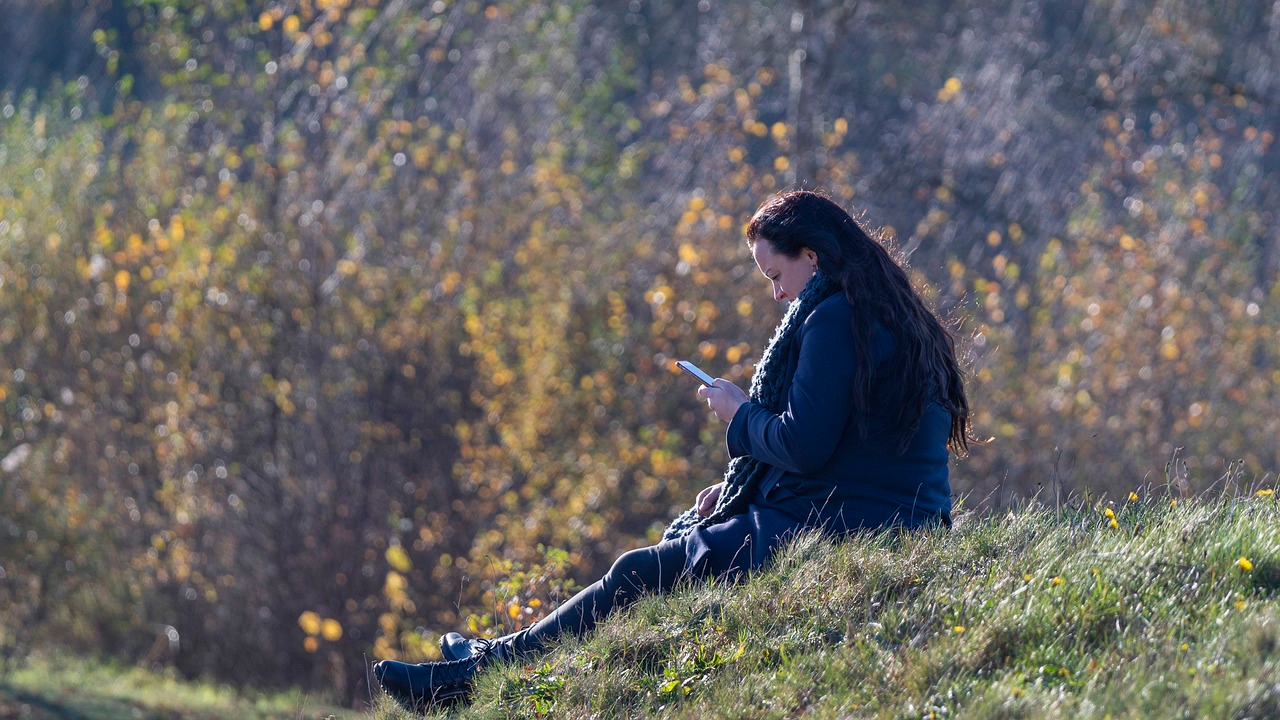
Having someone to talk to and support you during a marijuana overdose can be helpful. They may also be able to assist in seeking out medical attention and help if needed.
Conversations can also distract you from getting those 'high' thoughts and feelings.
Rest/Sleep
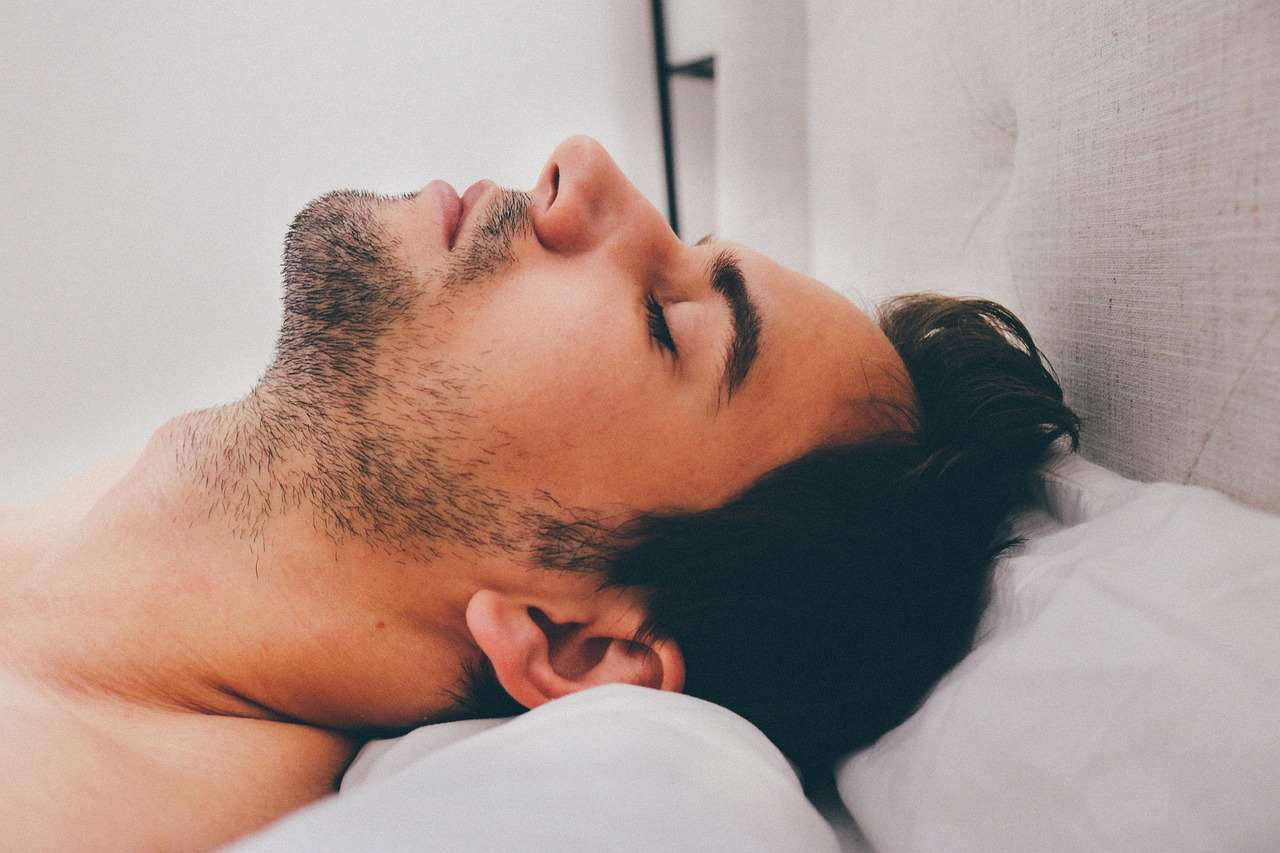
The quickest way to come down from being 'high' is simply to get some sleep. Whether it's a short nap or a longer snooze, catching some Zzzs allows time to pass, helping the effects of THC to wear off. In fact for some people, weed does make them sleepy.
But here's the thing—if you're feeling anxious after smoking weed or eating edibles, falling asleep might not be so easy. Before trying to hit the hay, you could give one or more of the above methods a shot.
Try some CBD
A 2006 study found that using CBD can actually help minimize some not-so-great side effects of too much thc, like feeling super high, marijuana toxicity, crazy sleepy, or having a racing heartbeat.
You see, both CBD and THC are cannabinoids, other substances that come from the cannabis plant. THC is responsible for all those psychoactive effects you get from getting high, but CBD doesn't do that. It's like the chill cousin of THC.
Basically, CBD can actually keep the THC from getting too high by blocking some brain receptors that THC usually activates.
If you're thinking of giving it a go, you could try putting some CBD oil on your tongue or even munching on some CBD gummies. It's worth a shot!
Marijuana Addiction Treatment Types
American addiction centers offer a range of different treatments for marijuana addiction. They include inpatient and outpatient programs, which vary in intensity and length depending on the individual's situation.
But, there are various therapy types for Marijuana Addiction available for those struggling with marijuana addiction. These include:
Behavioral therapy
This type of therapy focuses on changing behaviors and thought patterns related to drug use.
Support groups
Joining a support group, such as Marijuana Anonymous, can provide a sense of community and accountability in recovery.
Medication-assisted treatment
In some cases, medications may be prescribed to help with cravings and withdrawal symptoms.
Holistic Therapy
Holistic therapy involves treating each patient individually with the intention of improving health and achieving wellness through a focus on the body and spirit. This is done to prevent the adverse effects of physical, mental, or spiritual wellness.
Consequently, addiction to or use of cannabis can not be controlled alone or in combination. In other words, holistic treatments may be used to improve health and mental well-being.
Cognitive behavioral therapy (CBT) is a technique that helps people identify and replace bad habits that encourage drug abuse and help prevent addictions by using better-quality drugs.
The Bottom Line
While marijuana may not be seen as an addictive substance, it is important to recognize that for some individuals, it can lead to dependence and negative consequences. Seeking treatment from a professional is the best way to address a marijuana addiction and start on the path toward recovery.
FAQS
Can someone overdose on marijuana?
There have been no reported deaths directly caused by a marijuana overdose. However, consuming too much marijuana can lead to unpleasant symptoms and may require medical attention.
How can I treat a marijuana overdose at home?
If you or someone you know has consumed too much THC and is experiencing panic attacks or anxiety, or even paranoia, it may be helpful to try a few relaxation techniques such as deep breathing or listening to calming music.
Is there a cure for marijuana addiction?
There is no specific cure for marijuana addiction, but with the right treatment and support, recovery is possible. Seeking professional help and participating in therapy or support groups can greatly increase the chances of overcoming marijuana addiction.
Can I quit using marijuana on my own?
While it is possible to quit using marijuana on your own, it can be difficult without proper support and guidance. Seeking professional help can provide valuable resources and strategies for successfully quitting marijuana use.











Leave a comment